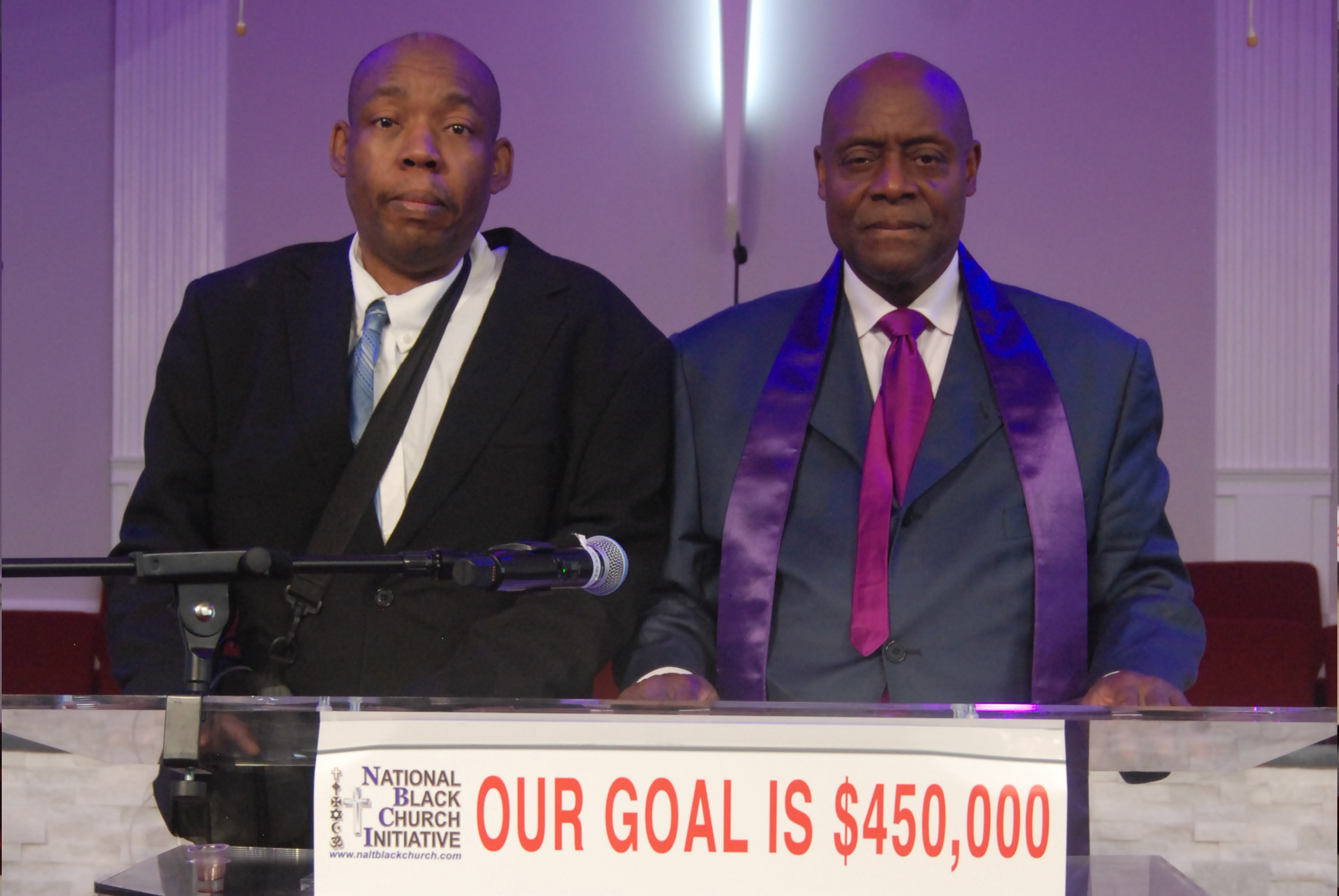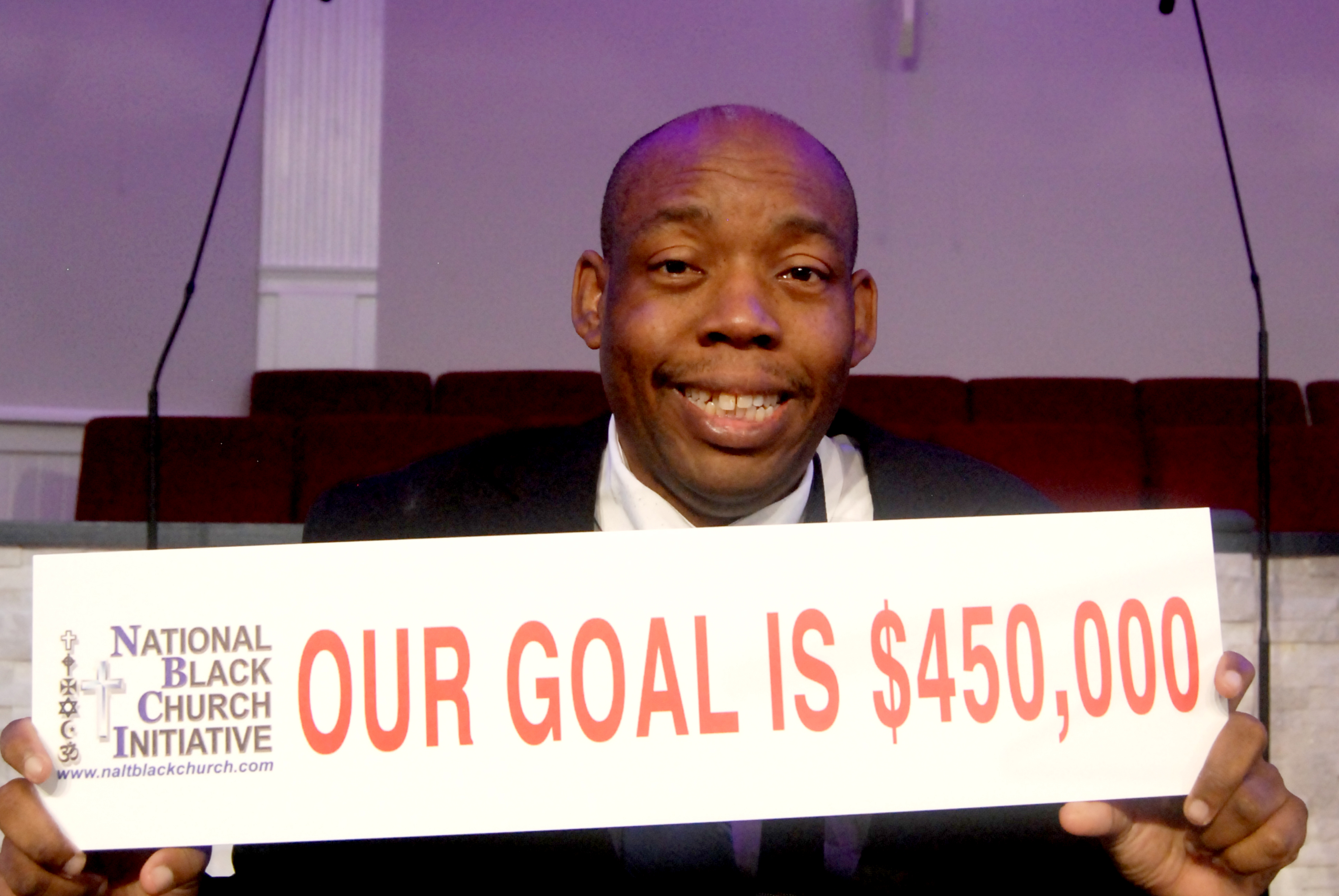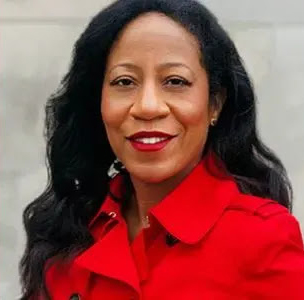Health Emergency Declaration (HED)
Please Give Rev. Hart a Fighting Chance

REV THOMAS HART NEEDS A HEART TRANSPLANT
Our Goal is $450,000. Will You Help Us?
Please Give Rev. Hart a Fighting Chance
The National Black Church Initiative is a coalition of 150,000 African American and Latino faith communities, constituting 27.7 million members. It is utilizing its enormous membership to help save the life of one of its beloved leaders in Savannah, Georgia. Rev. Thomas Hart currently serves as the faith command leader of Savannah. We need the support of every Christian in our beautiful country to help us with this campaign.
Rev. Hart says, “ I am truly thankful to my Lord and Savior Jesus Christ for his ever-present love, mercy, and grace. I need everyone's support, even if it is just a holy dollar. I want to thank my brother in Christ personally, Rev. Anthony Evans, who has been more than a friend and much like a brother. I cannot say enough about the love of my family, especially my sister, Michele, who gave up her career to come to Savannah to take care of me. God bless all.”
Rev. Anthony Evans, President of The National Black Church Initiative, says, “Heart failure isa serious problem and NBCI is on the frontline throughout Heart First to do somethingabout it in the black community. The data tells the story.”
Follow the link to read the complete press release!
 Rev. Thomas L. Hart
Rev. Thomas L. Hart
NBCI Launches the Heart First Campaign Press Conference in Savannah, GA
The National Black Church Initiative presents a LIVE conference from First Tabernacle Baptist Church in Savannah, GA to seek funds for Rev. Thomas L. Hart. Speakers for the event included Sister Michelle Hart, sister and caregiver for Rev. Hart, and Sister Maxine Brown. Rev. Dr. Andre Osborne, Pastor of First Tabernacle Baptist Church in Savannah, GA gave the invocation and closing remarks.Our goal is $450,000. Donate now at donate.stripe.com/4gM6oH68b6Hp502dFe0Ba06.
Click this link to watch on YouTube


African Americans and Heart Transplants
- Lower offer acceptance: A 2024 study found that transplant centers were consistently less likely to accept donor heart offers for Black candidates compared to white candidates, even after adjusting for medical and donor factors.
- Reduced access to care: Systemic inequities, such as underinsurance and less access to quality healthcare, create significant bottlenecks for Black patients seeking transplantation.
- Lower rates of advanced therapy: One study found that Black adults at advanced heart failure centers received life-extending therapies like heart transplants or ventricular assist devices (VADs) at about half the rate of white adults.
- Medical bias: Persistent disparities, even when controlling for other variables, suggest that racial and gender bias likely influences the decision-making process at transplant centers.
- Higher mortality: Multiple studies confirm that Black heart transplant recipients have a higher risk of death compared to white recipients. One national study found a 34% to 46% higher adjusted cumulative death risk for Black recipients.
- Younger patients at highest risk: The mortality gap is most pronounced among young Black adults, aged 18 to 30, who are over twice as likely to die within the first year of a transplant than their non-Black peers.
- Specific causes of death: Black patients are more likely to die from graft failure or other cardiovascular causes, while white patients are more likely to die from infection or malignancy.
- Chronic rejection and vasculopathy: Black patients experience higher rates of severe acute rejection and cardiac allograft vasculopathy (CAV), a leading cause of graft failure and death after the first year.
- Socioeconomic barriers: Lower socioeconomic status, less access to private insurance, and a younger age at diagnosis often mean that Black patients face more challenges in accessing consistent, specialized post-transplant care.
- Immunological and genetic factors:
- HLA mismatch: Greater diversity in human leukocyte antigen (HLA) types among African Americans can increase the risk of donor-recipient mismatch, which contributes to higher rates of rejection.
- Genetic predisposition: Certain genetic variations in African Americans may predispose them to stronger immune responses against a new heart, leading to more rejection.
- Pharmacogenomics: Genetic differences in how African Americans metabolize immunosuppressant drugs like tacrolimus mean they may require higher doses to achieve effective blood levels, affecting treatment efficacy.
- Structural racism: Researchers have identified that systemic inequities are a primary cause of health disparities in cardiovascular care, including the accelerated development of heart disease and barriers to timely, quality treatment.
By Jewel Mullen, MD, MPH, MPA
In the United States, Black people are four times as likely to develop kidney failure as White people, but they are much less likely to receive a lifesaving kidney transplant. Black people also experience the highest rates of heart failure, but receive heart transplants at lower rates than their White counterparts. These are tragic inequities.
In the United States, the pathway to organ transplantation is complicated, full of potholes that impede access, and riddled with crevasses into which people fall and never emerge. The early stages of that course include primary, specialty, and hospital care, all of which may play a role in patients’ clinical evaluations, disease management, education, and referral to evaluation for transplants.

Jewel Mullen, MD, MPH, MPA
Researchers found the odds of acceptance were higher for white candidates than Black candidates. Odds were also higher for women than for men.
“Black patients have a two to three times greater risk of developing heart failure than white patients, and they have the highest risk of dying from heart failure compared with all other racial and ethnic groups,” said Khadijah Breathett, MD, MS, FACC, FAHA, FHFSA, associate professor of medicine at the IU School of Medicine and lead author of the study. “But Black patients are less likely to be referred for a heart transplant, approved for transplant and receive a transplant after listing. The intersection of race and gender often worsens access for Black women.”

Khadijah Breathett, MD, MS, FACC, FAHA, FHFSA
Prakash Goutham Suryanarayana, Hannah Copeland, Mark Friedman, Jack G Copeland




.png)

